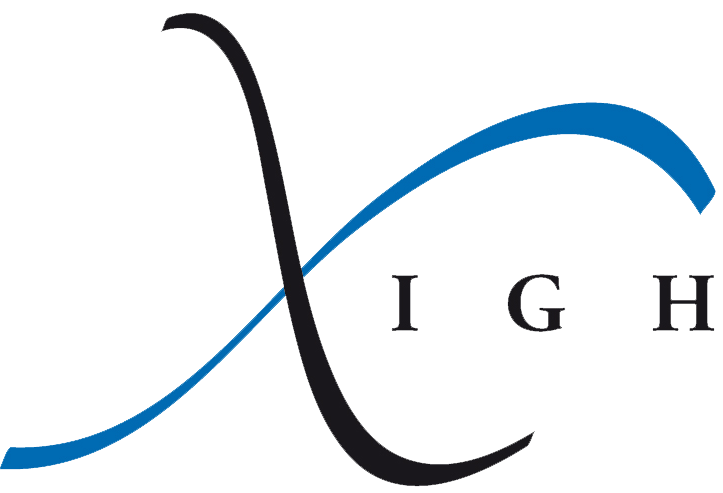About IGH
The Institute of Human Genetics (Institut de Génétique Humaine, IGH) is a joint research unit CNRS - Université de Montpellier (UMR 9002) dedicated to excellence in fundamental research and study of pathologies. The principal research interests of the IGH are genome dynamics, developmental genetics, epigenetics, and molecular and cellular pathology.
Around 250 staff and student researchers work at the IGH in 24 research groups.
One of the major research areas is genome dynamics and epigenetic control. The main research fields are DNA replication and genome integrity, recombination and meiosis, the retrotransposition and its control, chromatin and nuclear dynamics, the control of gene expression and RNA silencing.
Developmental genetics is another important research area. Exploiting a combination of model animal systems including Drosophila and transgenic mice, research themes include cell cycle control of microtubule dynamics, gonadal development, RNA regulation, neurogenetics, memory and circadian regulation.
The third research objective at the IGH is to extend this research toward the understanding, diagnosis and treatment of diseases. This work concerns DNA metabolism, epigenetics and signaling in cancer, molecular basis of myogenesis, immunity, inflammatory pathologies, AIDS, neuronal degeneration and cellular therapies particularly the analysis of stem cell biology and viral vectorology.
The IGH has an active student training program and many graduate students and post-docs work in IGH research groups. Fully endowed with state of the art scientific equipment, the IGH generates an excellent scientific environment for high quality and intensive scientific life.

